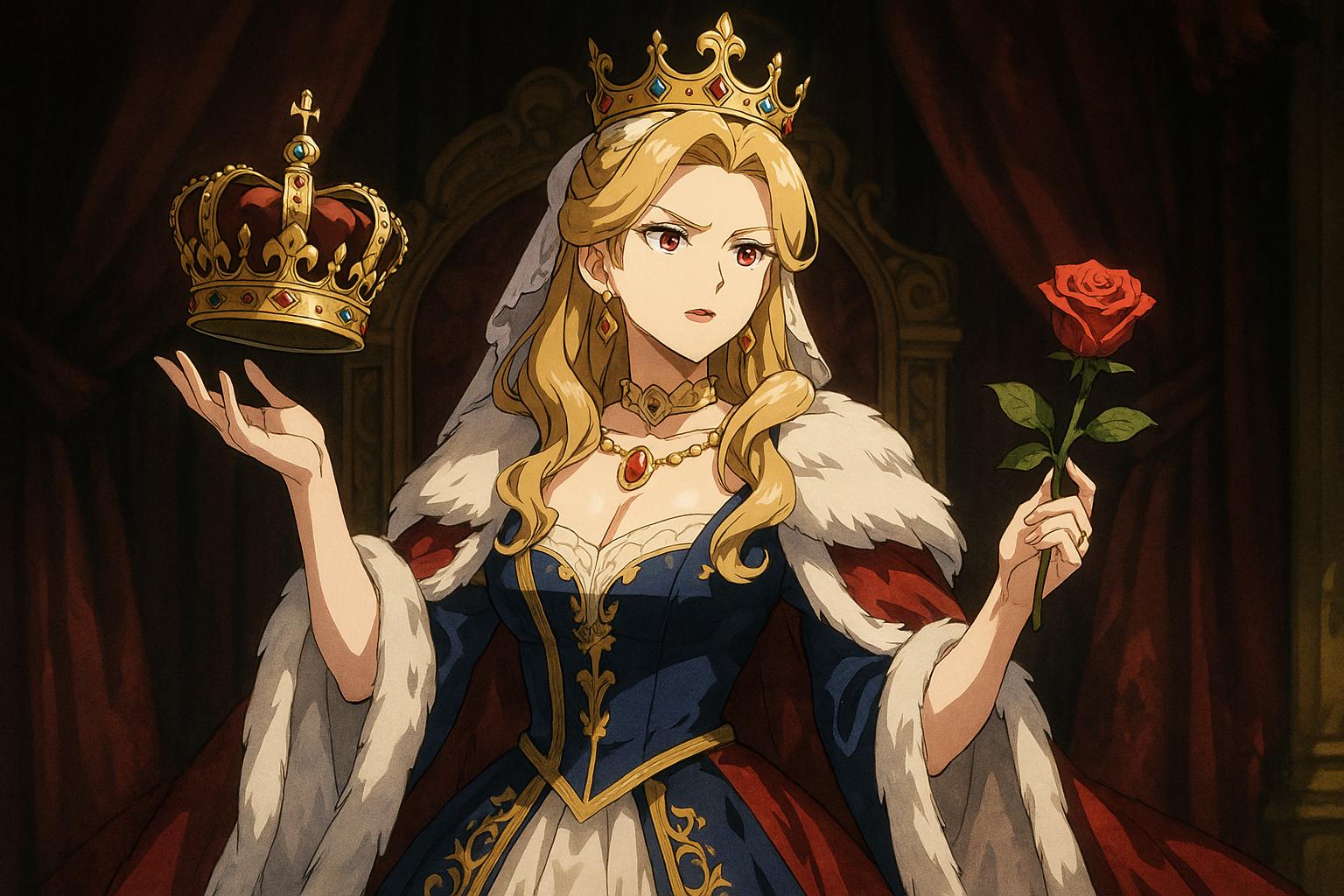The allure of royal families, both real and fictional, has long captivated television audiences, with shows like The Royals leading the charge in this glamorous arena. This E! network drama provided a modern perspective on a fictional British monarchy, blending opulence with scandal, forbidden romance, and the intricate balance of royal duties. Elizabeth Hurley’s riveting portrayal of Queen Helena became a focal point, as viewers witnessed the tension between the queen's responsibilities and her personal desires—a delicate dance that many audiences find thrilling.
For those yearning for more regal intrigue after completing The Royals, the television landscape is rich with options. Series from various historical periods and cultures explore the unique challenges faced by royalty, delving into the complex mix of power, love, and societal expectation. One standout is The Crown, a Netflix series that meticulously charts the reign of Queen Elizabeth II from 1947 onwards. Renowned for its top-tier production quality and stellar performances, the series has snagged multiple awards, including a Primetime Emmy for Outstanding Drama Series. However, it has also faced scrutiny for its occasional historical inaccuracies, reminding viewers that dramatization often blurs the line between fact and fiction.
Another notable entry is Reign, which aired on The CW from 2013 to 2017, focusing on the tumultuous life of Mary, Queen of Scots. Set against the backdrop of the French court, it combines historical events with romantic entanglements, reflecting the personal and political struggles of a young queen navigating her rise to power. This show's emphasis on the romanticised aspects of royalty echoes the themes present in The Royals, continuing the tradition of weaving personal challenges into broader historical narratives.
The recent release of A Very British Scandal further illustrates the fascination with royal dramas based on true events. Starring Claire Foy as Margaret Campbell, Duchess of Argyll, the three-part series delves into one of the most notorious divorce cases in British history, highlighting the interplay of public scandal and personal trauma that often accompanies royal lives. Similarly, the upcoming series A Very Royal Scandal promises to examine the fallout from Prince Andrew's controversial Newsnight interview, spotlighting the intersection of media scrutiny and royal identity.
In addition to these historical explorations, modern takes on aristocracy also thrive in series like Bridgerton, which reimagines Regency-era England through a diverse lens. The show, based on Julia Quinn's novels, infuses the traditional elements of high society with themes of racial equality, creating a fresh narrative that both pays homage to the past and challenges conventions. Its success highlights a broader trend in television where the past is reinterpreted to reflect contemporary values and aesthetics, allowing royal narratives to resonate with today’s audience.
Lastly, Becoming Elizabeth offers a unique perspective on the life of Queen Elizabeth I during her formative years, showcasing her personal growth amidst the political upheaval following her father's death. This series focuses on the intricate relationships and the pressures of royalty, providing a backdrop to the struggles that shaped one of England's most iconic monarchs.
Ultimately, the enduring appeal of royal dramas lies in their capacity to explore complex emotional landscapes against the backdrop of captivating history. Whether offering lavish portrayals of fictional dynasties or grounded representations of historical figures, these shows capture the intricacies of power, love, and duty, ensuring that audiences remain engrossed in the royal narrative long after the credits roll.
Reference Map:
- Paragraph 1 – [1]
- Paragraph 2 – [1], [2]
- Paragraph 3 – [3], [4]
- Paragraph 4 – [5]
- Paragraph 5 – [6]
- Paragraph 6 – [7]
Source: Noah Wire Services
